Division of Biomedical Sciences
November 16, 2024 2025-10-01 8:46Division of Biomedical Sciences
Division of Biomedical Sciences
Overview
The six disciplines, Microbiology, Biochemistry, Physiology, Anatomy, Pharmacology, and Pathology, are taught in an integrated manner, ensuring practical science laboratory and simulation sessions are incorporated in every module. Horizontal integration of the six BMS disciplines is also enhanced by global health, community-based education and one health topics scattered throughout the training.
Pathology
Here students learn and understand mechanisms of diseases including cancers and their diagnosis. Students are exposed to theory and laboratory practice as they progress towards the clinical clerkship phase. The department also performs research to address key questions in line with the UGHE mission and Rwanda national priorities.
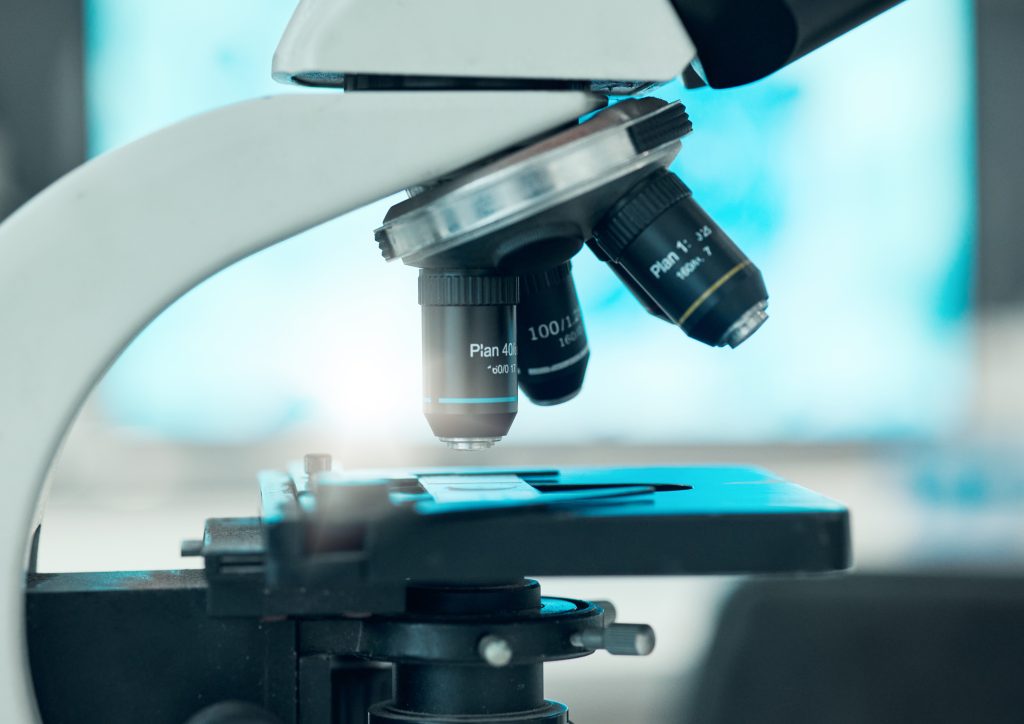
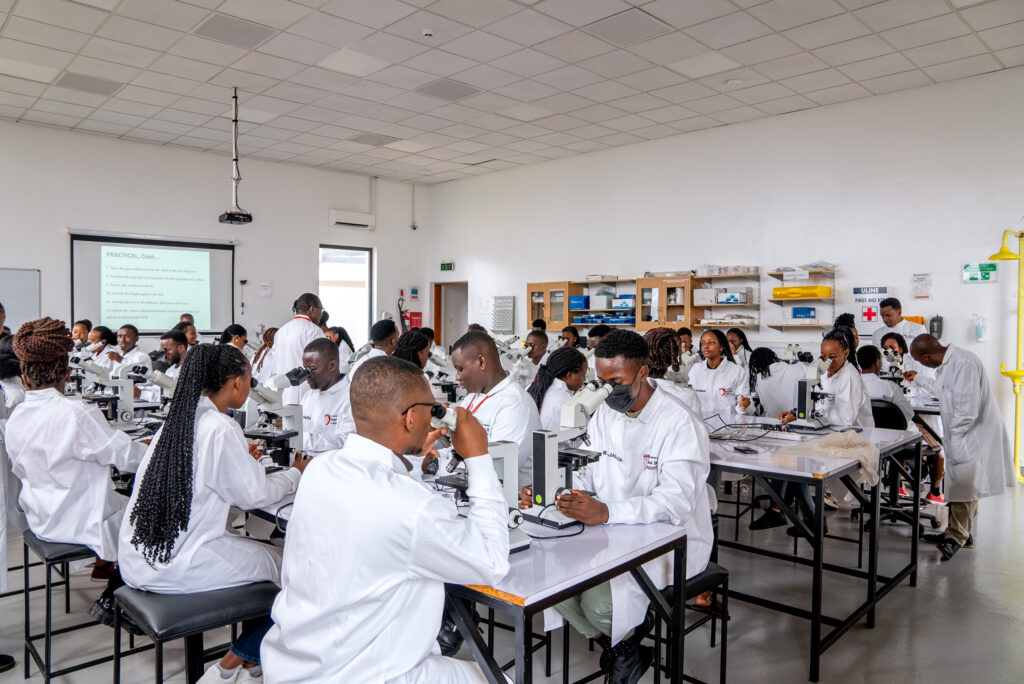
Microbiology
Using cutting edge innovative approaches like gaming approaches such as speed matching in an online mobile teaching App, students find it easy to juggle through a wide range of topics, diversity of infectious agents and the mechanisms they exploit to cause diseases. The department is supported by international faculty and staff in imparting knowledge and skills to the students .
The department relies on an excellent partnership with Butaro Level two Teaching Hospital, the National Reference Laboratory, and several global partners in the field of infectious diseases research.
Anatomy
A unique aspect of the program is the anatomy practical sessions, which include a one-week dissection bootcamp held at the University of Rwanda's Huye campus, where students gain hands-on experience working with cadavers. Additionally, the department boasts two state-of-the-art Anatomage tables in the UGHE simulation laboratory. These advanced tools are extensively used to facilitate practical assignments, allowing students to deepen their understanding of anatomical concepts.
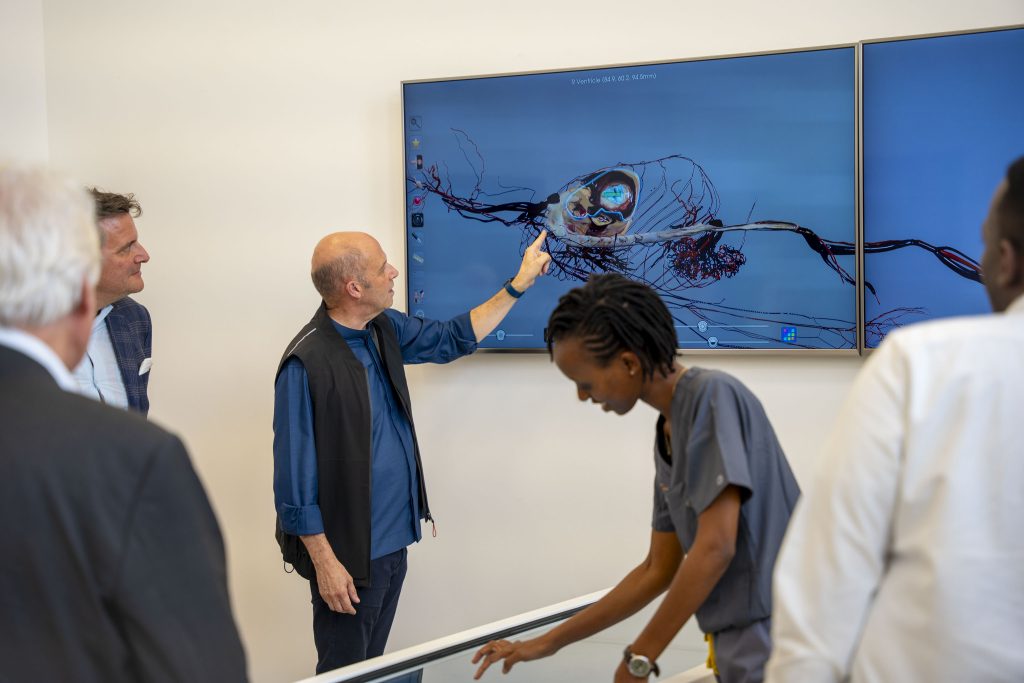
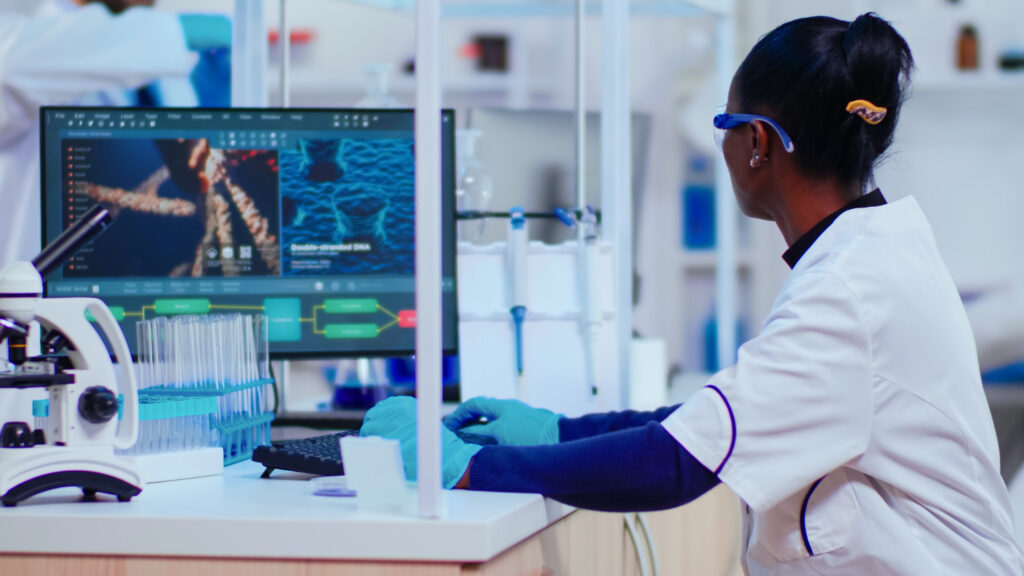
Biochemistry
Biochemistry covers key areas such as molecular biology, enzymology, and metabolic pathways, providing students with a comprehensive understanding of the biochemical mechanisms underlying physiological functions and clinical practices.
Like all the other departments, teaching is integrated horizontally and vertically, giving students an opportunity to perform hands-on laboratory practical sessions in every module. They get competency in testing and use these laboratory results to interpret patient scenarios in the simulation Centre and later during clinical clerkship. Besides teaching, there is ongoing research at the BL2TH with a major focus on cancer.
Pharmacology
The Department of Pharmacology is central in bridging the basic sciences and clinical practice by providing medical students with a strong foundation in the safe and effective use of medicine. Students learn the principles of pharmacokinetics, pharmacodynamics, toxicology and therapeutics, while emphasizing rational prescription practices and the importance of evidence-based medicine. Students also learn topics like antimicrobial resistance through a clinical and one health lens. Practical skills are acquired through our basic science laboratory.
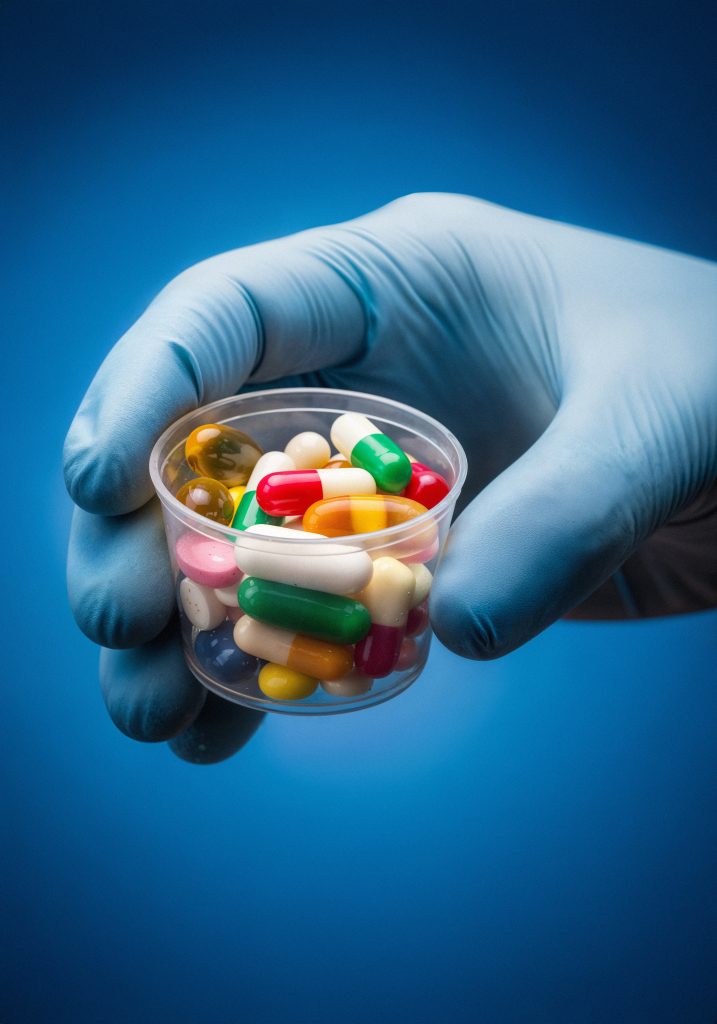
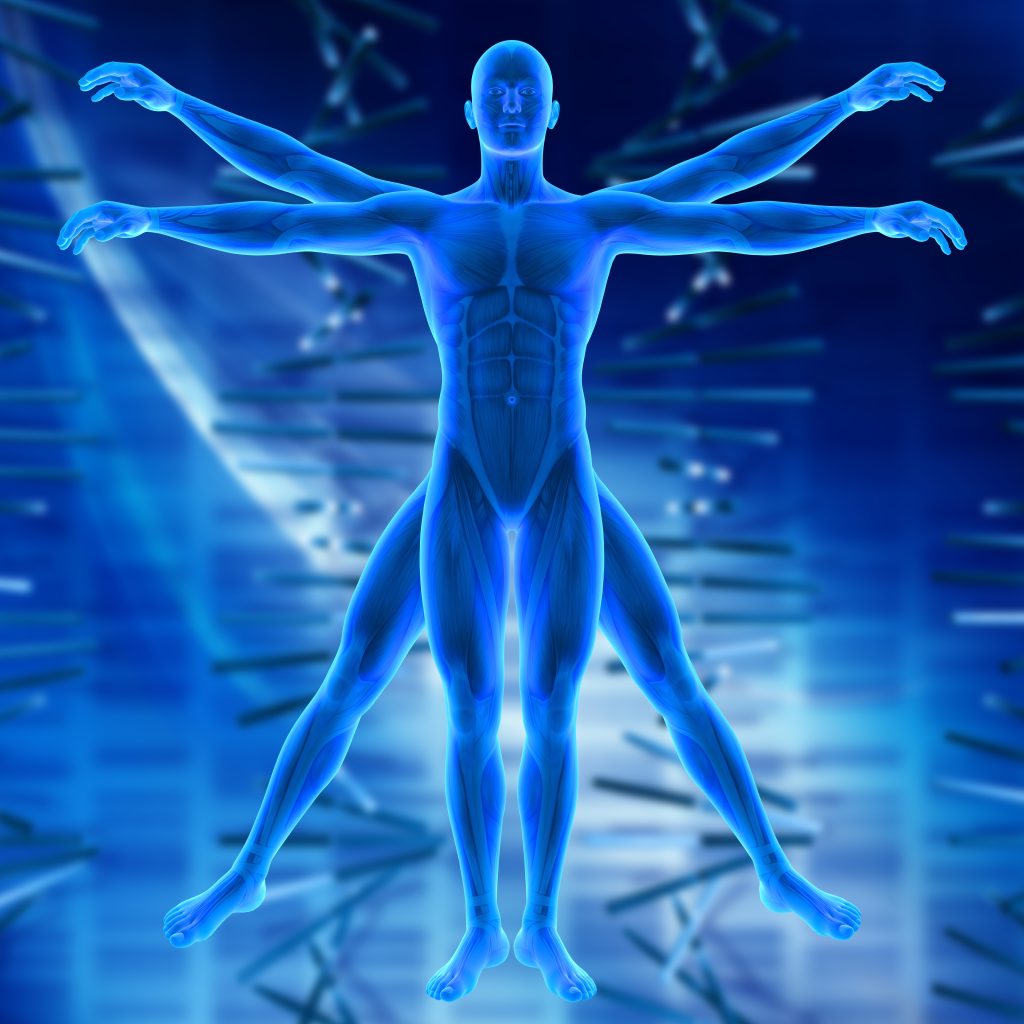
Physiology
The physiology department has an independent laboratory/ practical room equipped with necessary equipment for students to learn, but also conduct related research. These are deliberate to provide students with practical skills that relate to the theory regarding the human body function. Students also utilise the anatomage table and simulation centre as additional resources to connect both the physiology and the anatomy as part of the BMS integration. During such sessions, both discipline experts are present to give students a comprehensive view on the topic. The department works closely with UGHE international partners for teaching and research with current focus on metabolic syndrome in Rwanda.


